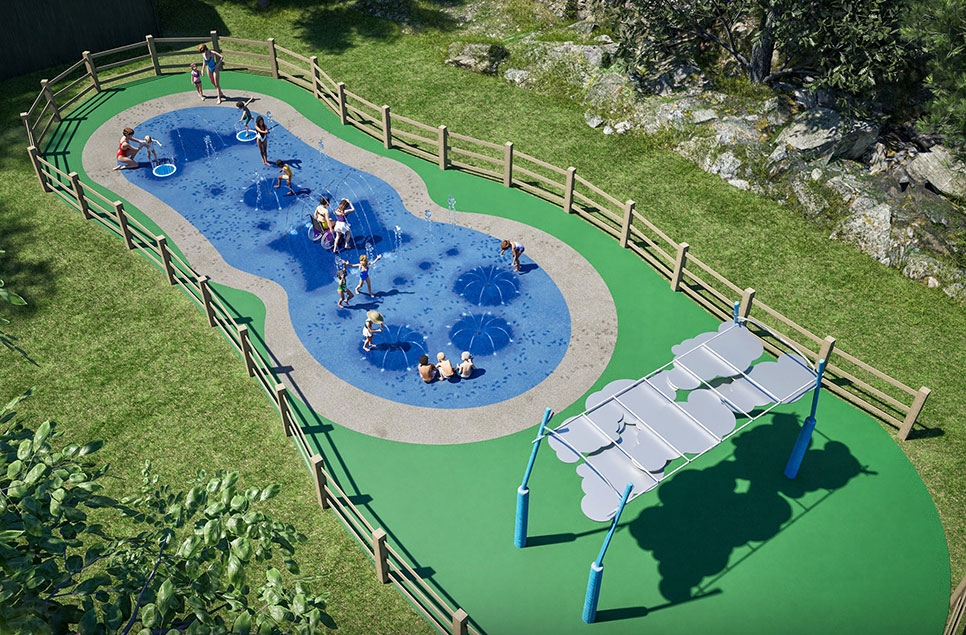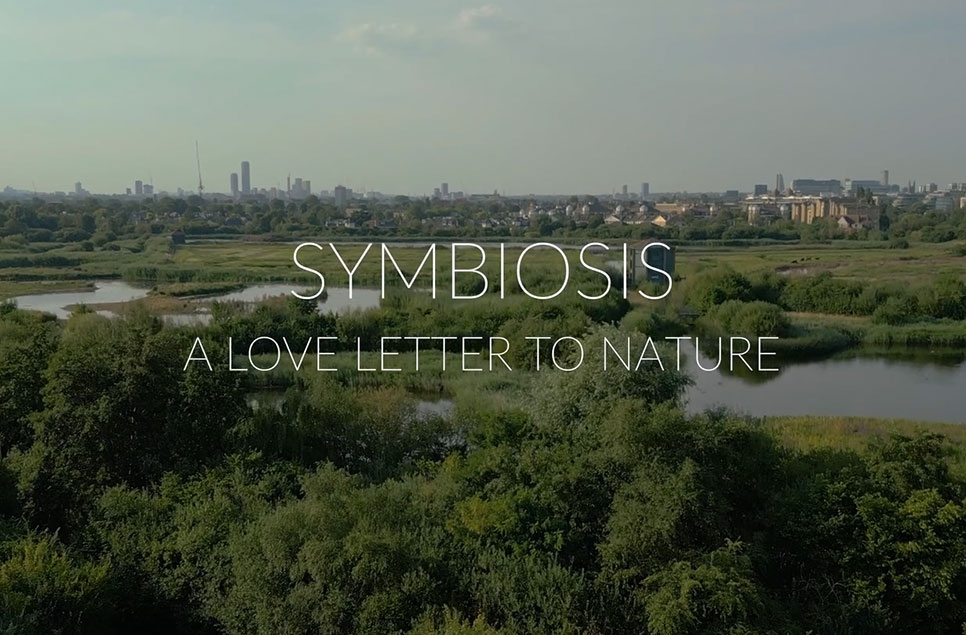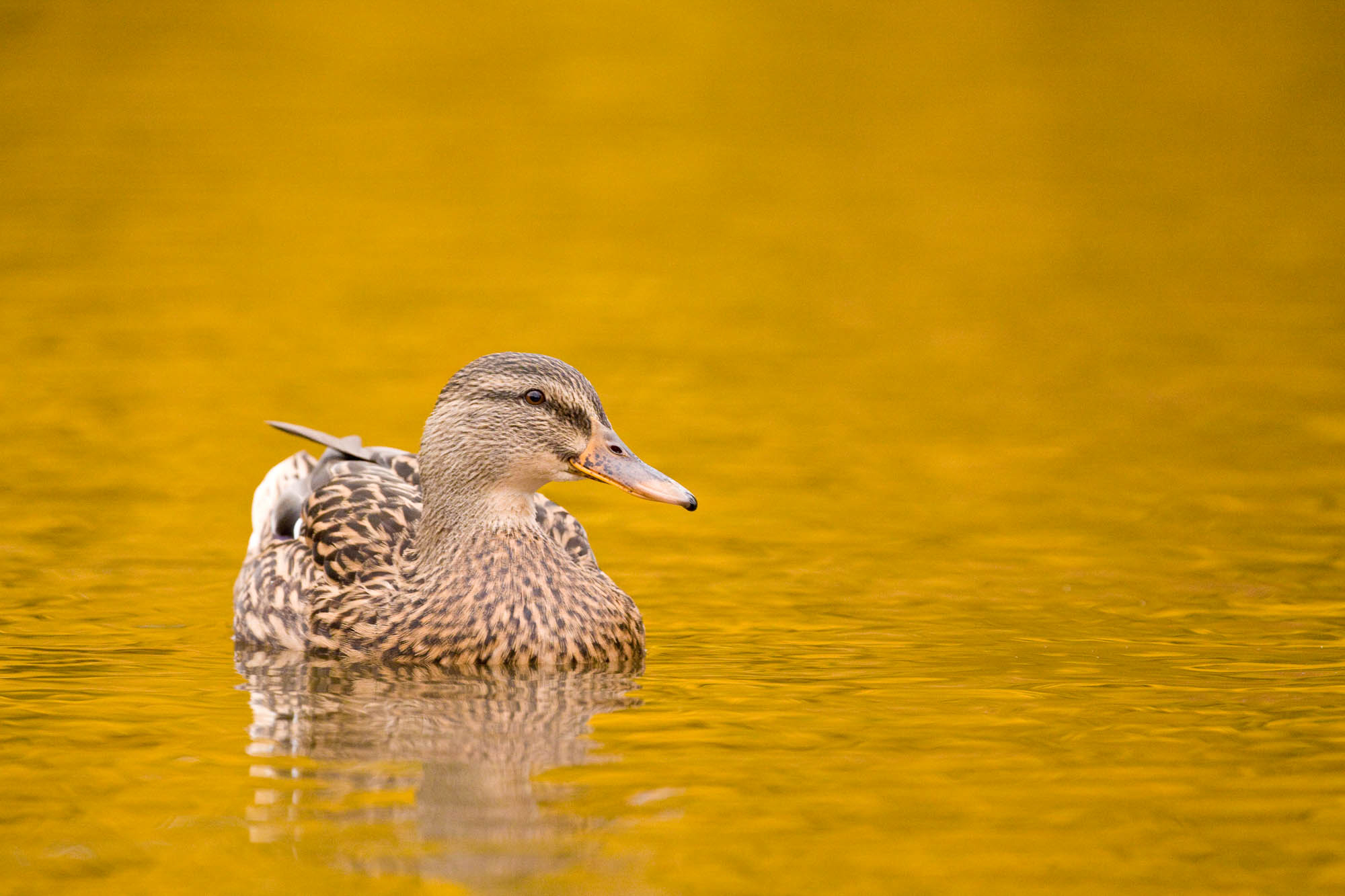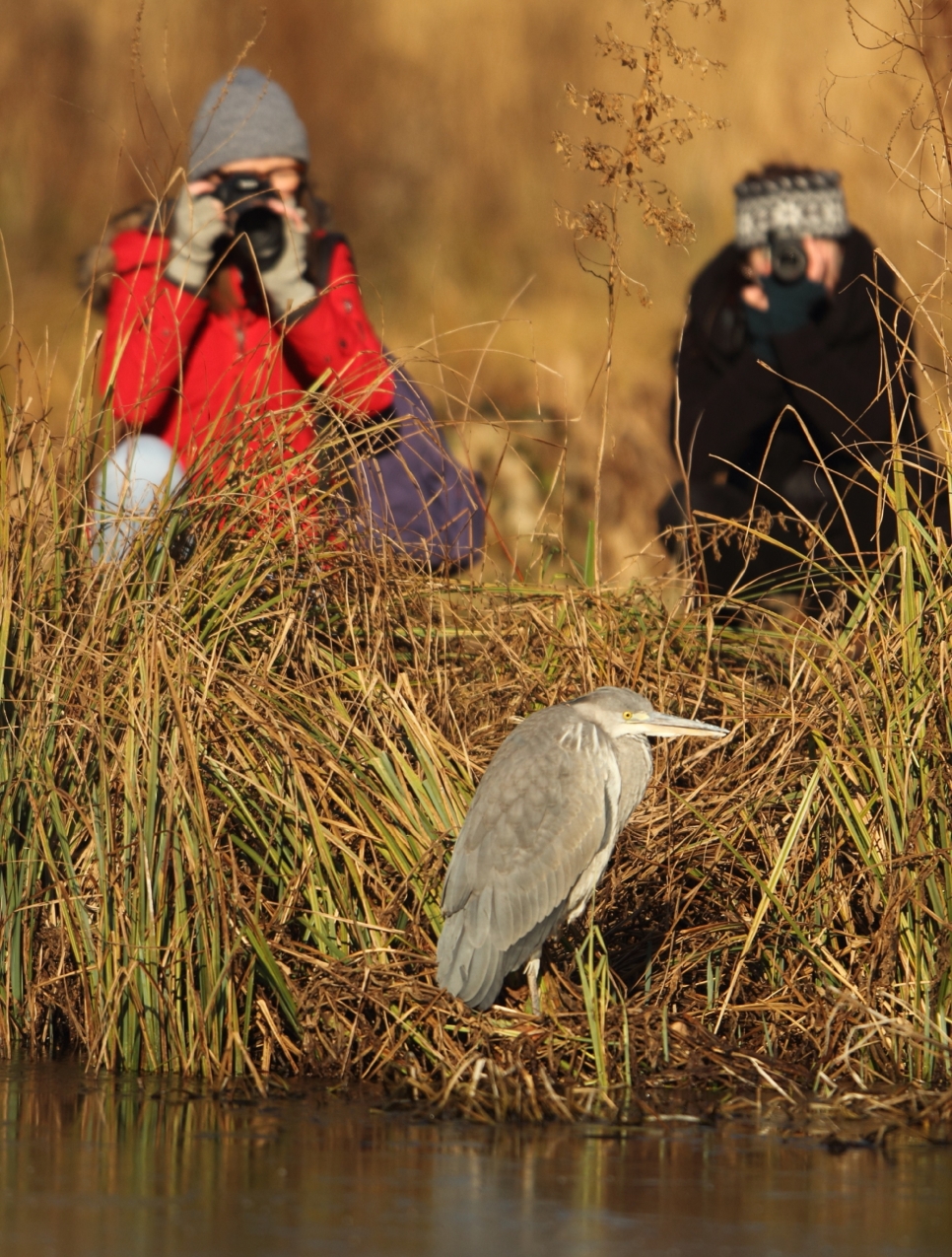Local wildlife warden helps save world’s rarest duck
Film about the project opens at London Wetland Centre

A local wildlife warden from WWT London Wetland Centre has been instrumental in leading a vital conservation mission to Madagascar. Londoner Idris Bhatti’s trip to the island in the Indian Ocean had a happy ending in more ways than one: the successful move of the captive population of the world’s rarest duck… and a resounding ‘yes’ from his girlfriend when he asked her to marry him.
Idris' day job is Grounds Supervisor at London Wetland Centre where he is responsible for the team that looks after the Centre’s ducks, geese and swans which are kept for conservation purposes. Many of these birds - from all over the world - are under threat due to hunting or habitat destruction and so are cared for by WWT to form the basis of breeding programmes or emergency back-up populations. Looking after these birds also gives WWT's wardens vital training in bird care which Idris has been able to put to good use in Madagascar.
The Madagascar pochard is a diving duck with a gleaming white eye. Like much of Madagascar’s wildlife, it is found nowhere else in the world and it is currently one of world’s rarest birds. It was twice feared extinct, but in 2006 a research team from The Peregrine Fund discovered a group of fewer than 20 birds surviving in isolation. So the Wildfowl & Wetlands Trust (WWT), the Durrell Wildlife Conservation Trust and The Peregrine Fund initiated a project to save the species.
In 2010 a team of wardens successfully incubated – in a temporary facility - 20 eggs that had been laid in the wild and effectively doubled the entire population.
This year Idris spent 90 days on the island, building a new breeding centre for the ducks and arranging their transfer from their temporary accommodation to a purpose built breeding facility in Antisohihy. The two sites were four hours' drive apart, so Idris and the conservation team spent many gruelling days working and travelling in the heat which often reached 42 degrees at midday.
Kenyan born Idris says his East African childhood proved a useful grounding in adapting to the climate and culture - in particular the pace of life - of Madagascar.
"My time on Madagascar was physically and mentally tough: constructing the new site, caring for the birds, co-ordinating the move, and troubleshooting. But it was worth every minute!"
Amazingly, the first duck he saw when he arrived on the island was a white faced whistling duck - one of the species he looks after in London Wetland Centre's conservation collection.
Idris's girlfriend Emma came out to visit him towards the end of his three month mission and he had a very special question to put to her. During a trip out to the coastal town of Mahajanga, a very nervous Idris got down on bended knee to propose. Luckily an astonished but delighted Emma said ‘yes’!
WWT has now released a film chronicling the Madagascar pochard conservation project. The film tells the story of that initial emergency mission to Madagascar, in which the team secures eggs from the wild and hatches the first ducklings. Visit the London Wetland Centre from Tuesday 18 October to watch the film in the Centre’s art gallery
Anyone who wants to support the Project can text MADP33 to 70070 to make a £10 donation.



